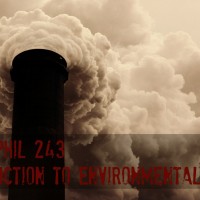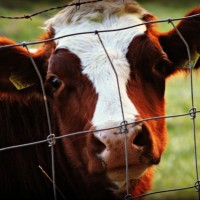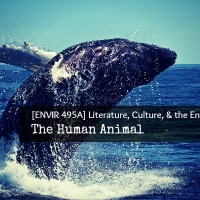CEP 498A – 3 credits
Shaping Your Urban Future: Local Planning, Governance, and Leadership
Instructor: Marty Curry, AICP
Tuesdays 2:30-4:50PM
**Counts towards Policy and Decision Making for PoE major requirements**
This course provides an in-depth understanding of local planning and governance, and arenas where ‘urbanists’ become engaged citizens in shaping the future of their cities and towns. Using local case studies, the course teaches students about the complex set of players in these arenas; the tools and methods used; and how to apply them so that they can become effective urban leaders and agents of change.
This class is recommended for all students interest in applied policy, community organizing, city management, local leadership, governance and democratic processes.




